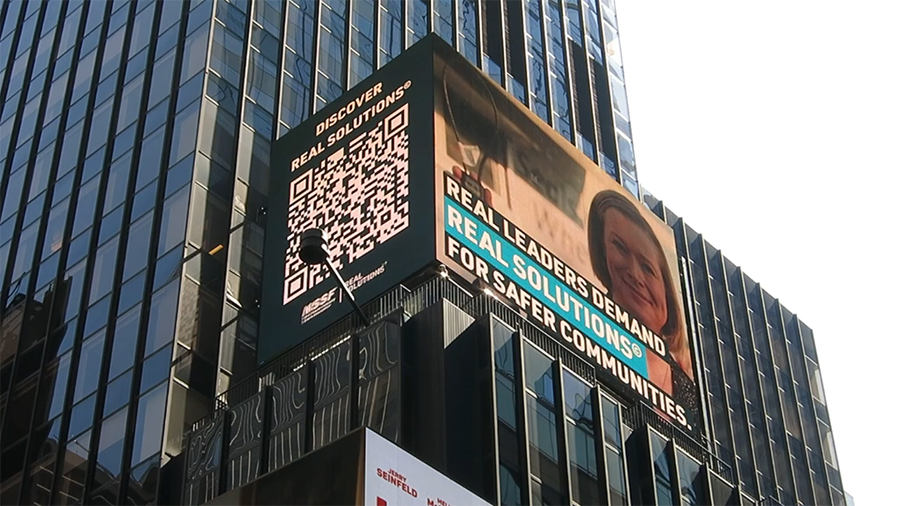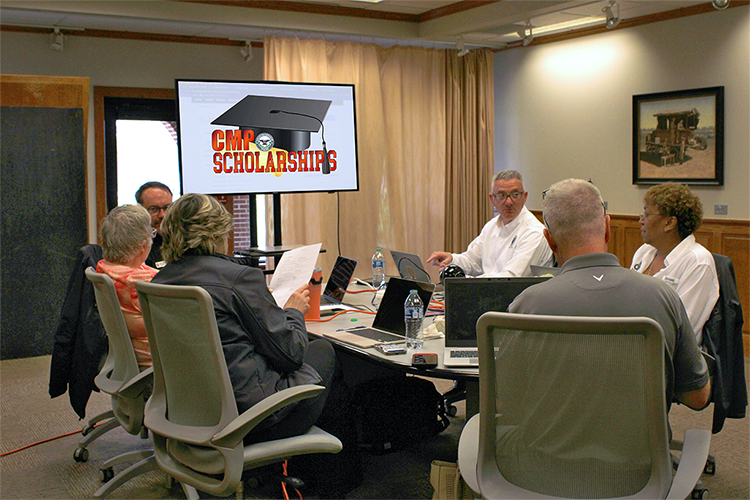Home-Based FFL Dealers
Have Their Say — Part 3
Over the past two weeks, we’ve received dozens of emails from home-based FFL dealers that have provided their perspective on how they’ve been “shut out” from some wholesalers and manufacturers. It’s clearly something near and dear to a strong contingent of Shooting Industry readers, so we wanted to run additional letters from both storefront dealers and home-based operations and provide additional insights into some of the challenges each camp is facing.
Storefront Dealer: “We Have The Same Problems”
Paul Decker has owned a brick-and-mortar store for 40 years — Hunter’s Heaven in Hayes, Va. — and shared the independent, storefront dealer is struggling to capture market share against big-box retailers.
“The problem of getting inventory is no different for me than home based FFLs,” he said. “Manufacturers will sell to the big-box stores at prices and quantities not available to us. I’ve seen it happen with Woolco, Best Products, Kmart, Dick’s, etc. — they have all gone by the wayside but I’m still here. Walmart now gets all the benefits.
“The industry doesn’t care about the independent and never has. If the home-based business has to play by the same rules as I have to, it’s fair. If they get special consideration it’s not. We should all have to play by the same rules! If I have built good relations with wholesalers to include volume, and quick payment then I deserve better service.”
Decker shared the size of an account dictates the service it receives.
“My $100,000/year account doesn’t get the same service as a $1 million/year account, so I have to wait to get my allocation. My salesman works on a commission and losing a $1 million account would reduce his salary so he has to take care of that account or it will find someone who will. That’s just business — so suck it up and live with the program. All your complaints won’t change anything. Believe me, I know!”
High Rent A Detraction For Physical Storefront
Robert Hood of Robert’s Gunsmithing Inc. in Redmond, Ore., has been in business for two years — mainly doing transfers and gunsmithing work. He stated the cost of high rents today make operating a physical storefront unappealing.
“The main drawback here to having a brick-and-mortar is the high cost for rents and insurance. The real estate market drives the rents, and as we know, the market is crazy. Our small town of 30,000 has as many vacant storefronts as occupied. Most don’t last a year.
“Most of my customers are gunsmith related. I don’t advertise, but I do volunteer at our local range, which does funnel business my way. I’ve even ordered guns from a large sporting goods store to no gain of my own other than to keep my customers happy.
“Would I like more ways to offer my customers a good price? Absolutely! Do I want to compete with the big-box sporting goods stores?
Not a chance. I just enjoy what I do and want to make a living doing it.”
Is My FFL Worth It?
Lynn Gabehart of L.G. Sports in Montrose, Colo., has been a home-based FFL for 30 years — but recent changes to doing business compelled him to close up shop later this year.
“Around 2015 the crunch started, with suppliers saying, ‘if you don’t have a storefront or pictures of your shop we won’t do business with you.’ I jumped through hoops to keep my customers supplied, a lot of new handgun customers. I went from having seven suppliers to three, which were family owned.
“It’s been a long road, I never got rich but enjoyed the work. This was part-time business that kept me running. Now, I’m calling it quits because it’s the supply chain and the big business rules that are killing the little guy.”
To Gabehart, having an FFL today isn’t worth the trouble.
“If someone is thinking about getting a FFL forget it — it’s not worth the crap you have to go through,” he added.
Another home-based dealer, John Hunt of Skyline Systems in Las Cruces, N.M., shared he’s thinking about closing down his operation once his FFL expires.
“The frustration of those who can’t buy inventory without a brick-and-mortar arrangement has affected me as well. I’ve been unable to purchase any firearms without a huge shipping/handling fee from the three remaining sources. I can do better just getting them at online retail prices. This, of course, makes no sense for me. As a result, I no longer buy anything. At the next renewal time for my FFL, I’ll likely close shop for good,” Hunt said.
Struck By Irony
Benjamin James White of BJWFFL in Tempe, Ariz., started out as a home-based FFL but has since expanded to a commercial office space and workshop. He’s struck by the irony of some of the discrimination his business has experienced, while the industry is pushing back on discrimination from financial sectors.
“I offer a level of service no retail store offers in my area. However, I face the same prejudice as a home-based FFL — some distributors refuse to do business with me, as I don’t have a retail storefront. It seems odd the shooting industry is consumed with the FAIR legislation to be sure that banks service FFLs — but seem to be oblivious to discrimination in their own industry!
“If you really support all FFLs, then specifically call out those who won’t sell to non-retail FFLs and praise those who do! Otherwise this is all a lot of talk and sympathy — but no action.”
Editor’s Note: We’re taking Benjamin’s words to heart —we’re going to publish a story on distributors that service home-based FFLs in the Dealer Advantage email publishing Monday, April 11. Have a comment to share? Contact editor@shootingindustry.com.




